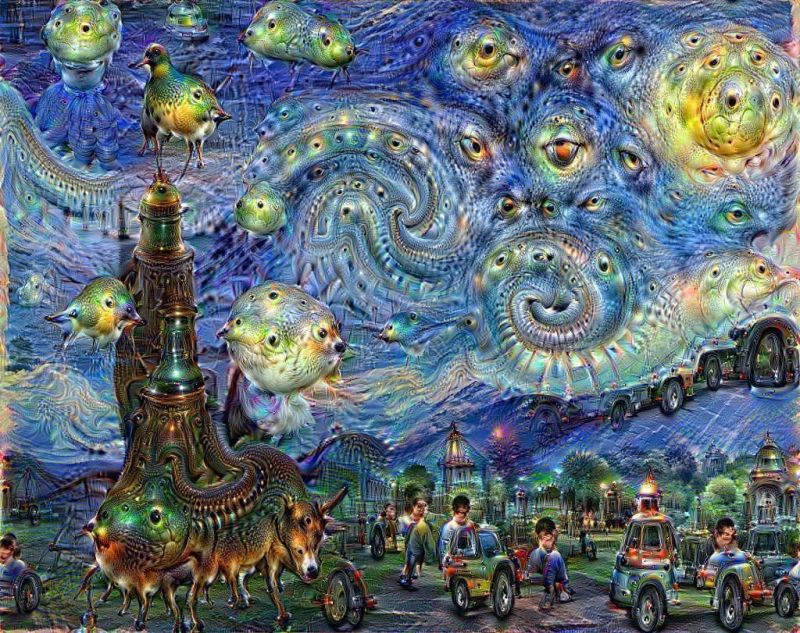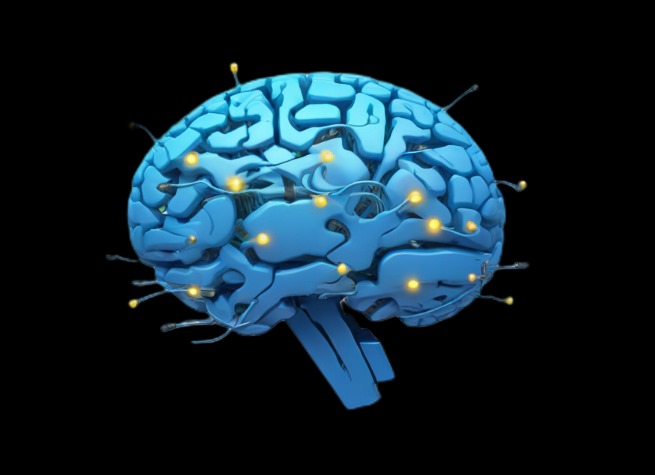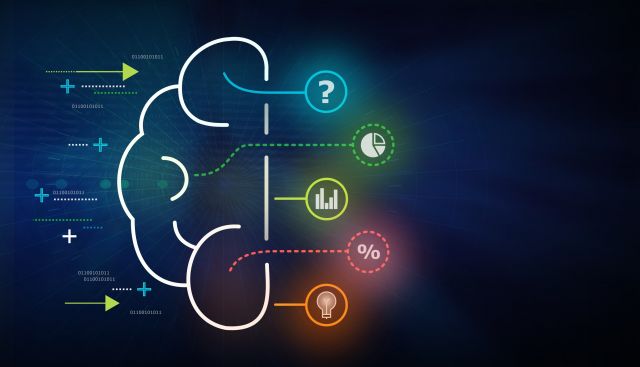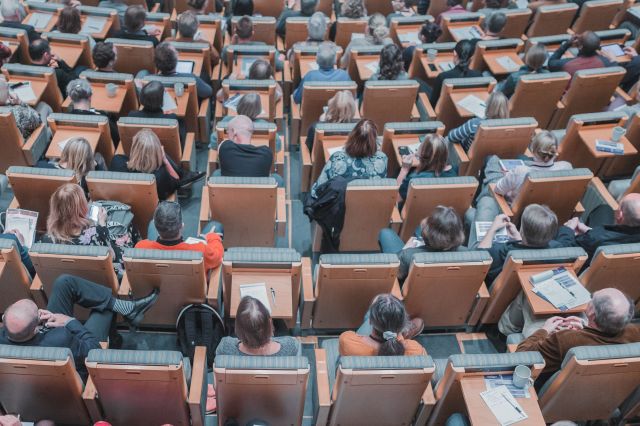Why AI Can’t Replace Human Messiness: The Beauty of Unpredictability
Hey AI, can you make me a decent mess?
My first encounter with artificial intelligence was as a young grad student listening to MIT’s Marvin Minsky (an early AI pioneer) contrast human with non-biological intelligence. I have long since forgotten Minsky’s points but have a few thoughts of my own.
Unlike us, AI never gets tired, bored, or distracted, and is therefore exceptional at sifting through massive amounts of data to discover patterns that occur with a degree of regularity that is greater than chance.
We are also extraordinarily adept pattern detectors, but of a very different sort. Our brains evolved to discover regularities in the onslaught of data that bombards our senses for the purpose of adapting our behavior for survival. That you are here reading this testifies to the success of your ancestors in this regard. We, however, also excel at leveraging the irregular, unpredictable events that seem to come out of nowhere.
For all that science has revealed about the cause and effect of everything from the behavior of subatomic particles to human beings, much of what happens in our world remains magnificently unpredictable, surprising, messy. We are wired to seek order in this chaos, to knit disparate snippets of our experiences together in novel ways, and to imagine cause and effect patterns even when none exist. This is the fountain of our creativity and ingenuity, and what most distinguishes us from the machines that we in fact dreamt up.
The messiness of life is challenging and, in the extreme, downright terrifying. It is also what inspires and challenges us to grow. A fully predictable life may sound comforting, but would be unbearable, stagnating, and unbeautiful. Perhaps someday we will have a grand AI model that predicts the when, where, and how of absolutely everything. Happily, I will be gone long before then.






